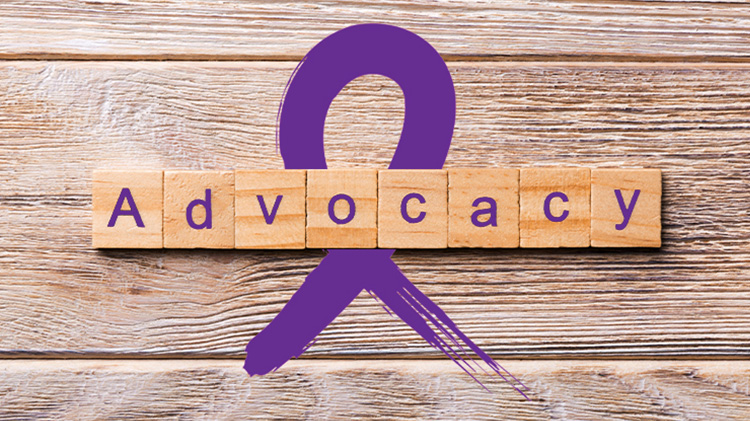Understanding Your Legal Rights as an Assault Victim
As an assault victim in Texas, it is crucial to understand your legal rights to ensure you receive the protection and support you deserve. This includes the right to seek justice through the legal system, access to victim services, and the ability to pursue compensation for your injuries and emotional distress.
Victims have the right to report the crime to law enforcement, participate in the prosecution of the offender, and receive information about the case's progress. Additionally, Texas law provides various resources, such as counseling and financial assistance, to help victims navigate the aftermath of an assault.
Steps to Take Immediately After an Assault
Knowing the steps to take immediately after an assault can significantly impact your recovery and legal outcomes. It is essential to seek medical attention promptly, not only for your physical health but also to document injuries that may be relevant in a legal case.
In addition to seeking medical help, you should report the incident to the police as soon as possible. Collecting evidence, such as photographs of injuries, witness statements, and any other relevant information, can strengthen your case. Lastly, consider contacting a legal professional who specializes in assault cases to guide you through the process.
The Role of Victim Advocacy Groups in Texas
Victim advocacy groups play a vital role in supporting assault victims throughout their recovery journey. These organizations provide essential services, including emotional support, counseling, and assistance in navigating the legal system.
In Texas, numerous advocacy groups offer resources tailored to assault victims, helping them understand their rights and access necessary services. These groups often work alongside law enforcement and legal professionals to ensure victims receive the comprehensive support they need during this challenging time.
Long-Term Effects of Assault and Available Resources
The long-term effects of assault can be profound, impacting both mental and physical health. Victims may experience anxiety, depression, PTSD, and other emotional challenges that can persist long after the incident.
Fortunately, various resources are available to assist victims in their healing process. Therapy, support groups, and educational programs can provide valuable tools for coping and recovery. Legal resources are also crucial in helping victims seek justice and compensation, ensuring they are not alone in their journey toward healing.


